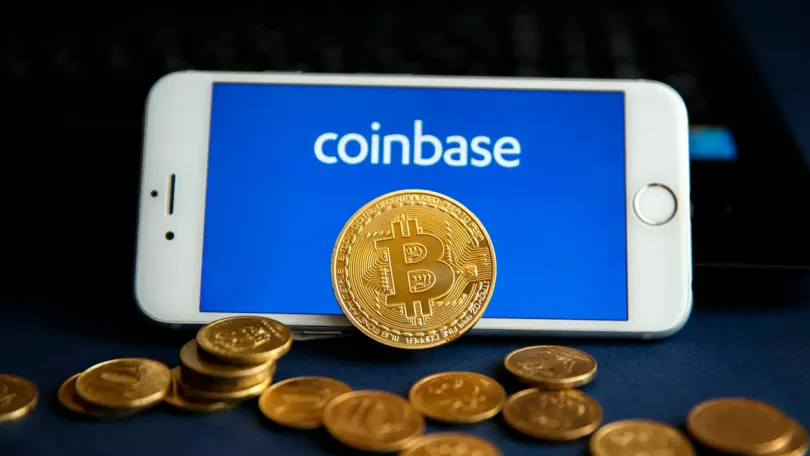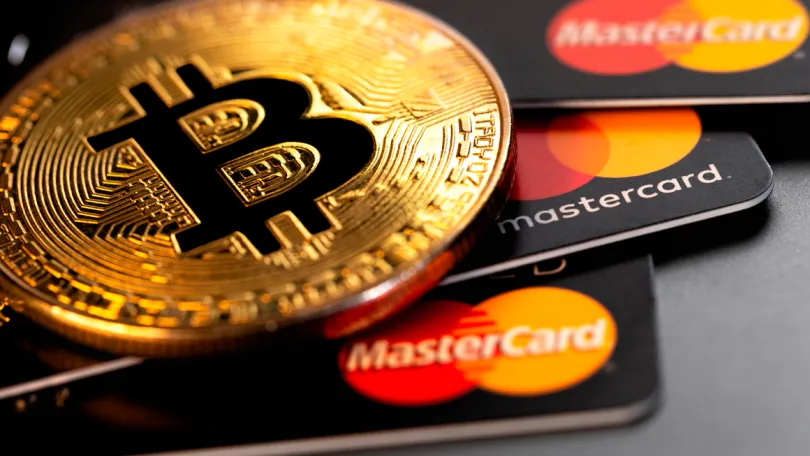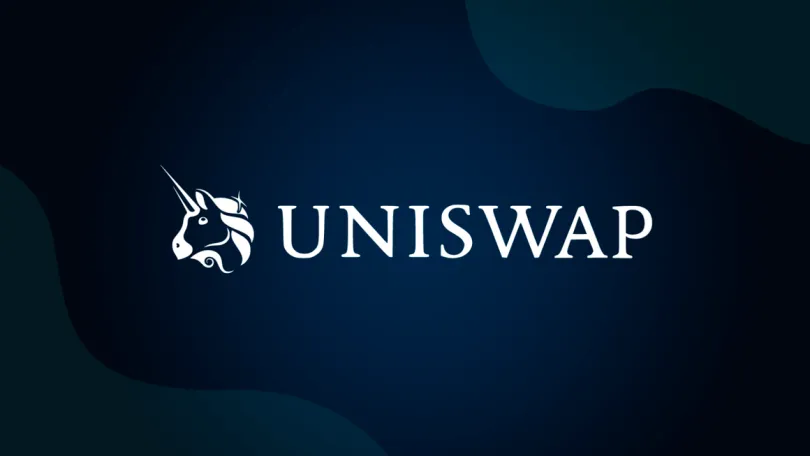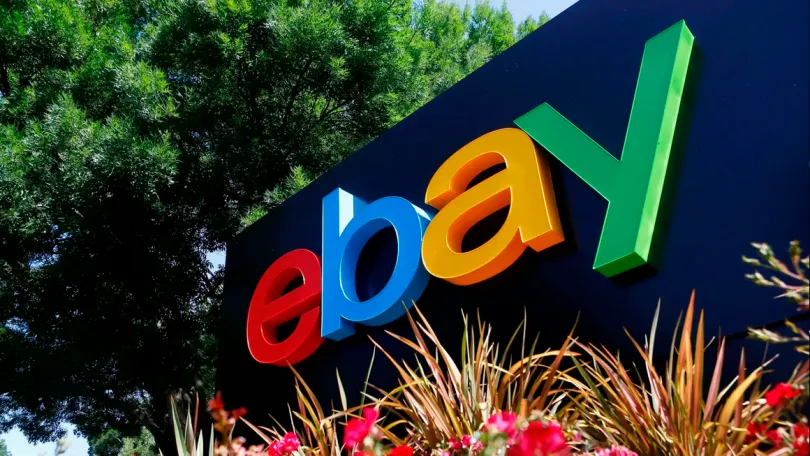
Crypto companies are actively seeking ways to enhance user experiences and interfaces to attract new customers. One such example is Coinbase, a centralized crypto exchange, which recently introduced a feature in its Wallet app that allows users to link their crypto payments directly to popular messaging apps like #WhatsApp, #iMessage, and #Telegram. This move aims to simplify the process of sending money across borders by leveraging easily accessible identifiers such as phone numbers or email addresses, eliminating the need for recipients' wallet addresses. Chintan Turakhia, Coinbase's senior director of engineering, believes that by reducing complexity and expanding global access, millions of new individuals can be empowered to engage with the crypto economy.
#Coinbase emphasizes that sending crypto through their platform is not only free but also settled instantly. Recipients have a two-week window to claim the funds sent to them before they are returned to the sender. Turakhia asserts that Coinbase's approach to increasing economic freedom lies in simplifying the payment experience.
On the other hand, Matcha, a decentralized crypto trading platform, has recently enabled cross-chain swaps across seven blockchains, including #Ethereum, #Arbitrum, #Optimism, #Base, #Polygon, #BSC, and #Avalanche. This means that Matcha users can now seamlessly swap tokens across different blockchains without leaving the Matcha interface or visiting separate bridging sites. These advancements in user experience make it easier for individuals to explore and utilize the offerings of the crypto space.
Sending money has never been easier.
— Coinbase Wallet 🛡️📞 (@CoinbaseWallet) December 5, 2023
Now you can send $USDC in just a few taps.
Across borders. Without fees.
Here's how ↓https://t.co/71V6dBA6i5
However, despite these improvements, trust and security remain significant barriers to widespread crypto adoption. Ido Ben-Natan, the co-founder and CEO of Blockaid, highlights the importance of enhancing user security as a crucial aspect of the overall user experience. Numerous surveys have shown that potential users of #Web3 platforms are concerned about the risk of scams. According to a study by the Pew Research Center, over 75% of Americans who are aware of crypto express skepticism regarding its safety and reliability.
Interestingly, the majority of Americans who currently hold cryptocurrencies made their initial purchases between one and five years ago, with only a small percentage deciding to enter the market within the past year. Additionally, approximately 31% of traders who have previously engaged in crypto transactions no longer own any digital assets.
To foster the global adoption of peer-to-peer payments, it is essential to prioritize user safety. Ben-Natan emphasizes the need to collaborate with major wallet providers to protect users worldwide from malicious actors. By addressing security concerns and enhancing user experiences, the crypto space can overcome barriers and attract a broader audience.
In conclusion, crypto companies are actively working to improve user experiences and security measures. Coinbase's integration with messaging apps and Matcha's cross-chain swaps are examples of how the industry is simplifying processes and enhancing convenience. However, trust and security remain significant concerns that need to be addressed to foster widespread adoption. By prioritizing user safety and continuously improving the overall user experience, the crypto space can overcome these barriers and attract more individuals to participate in the crypto economy.




























